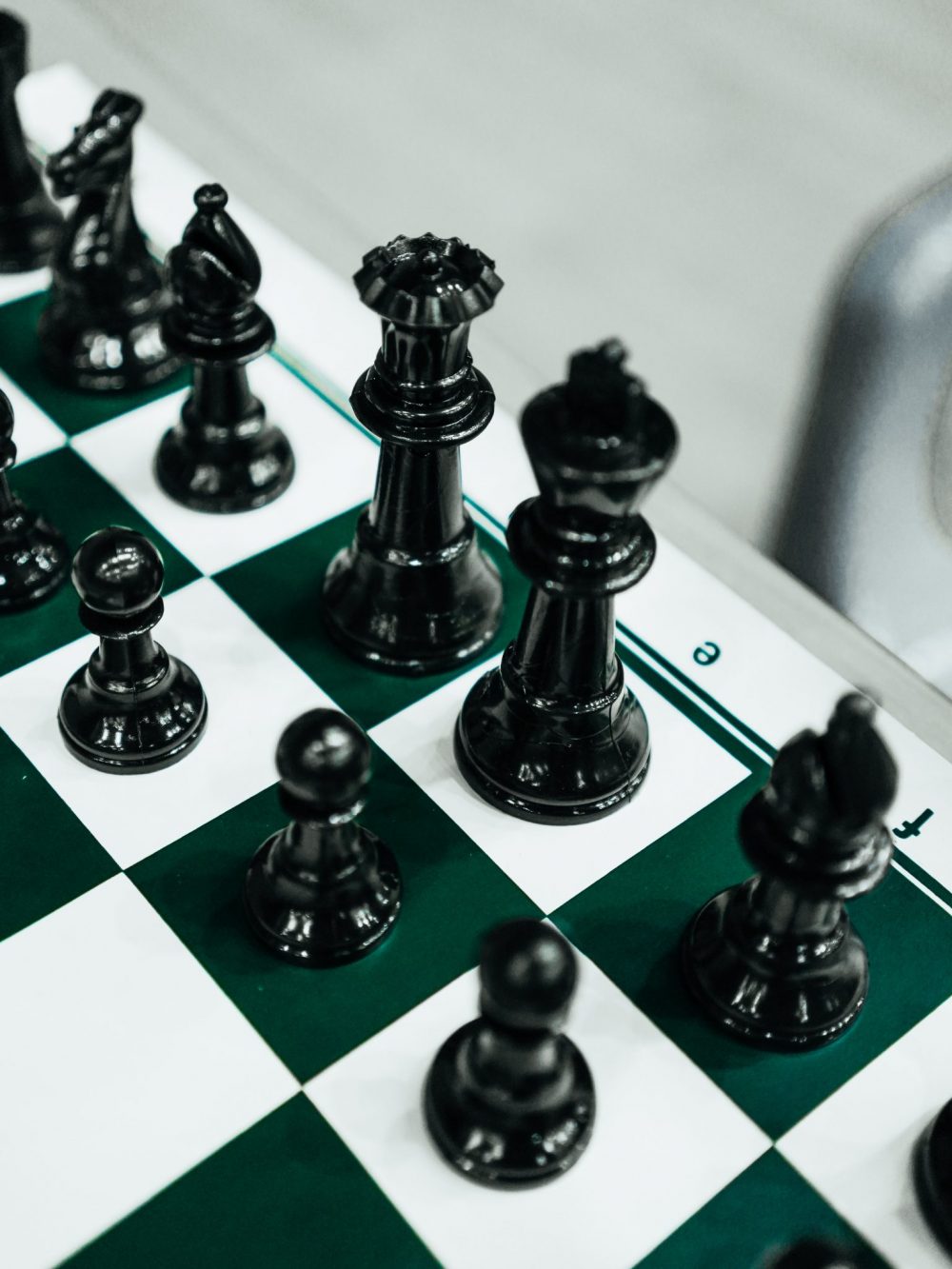You might not appreciate certain things when you’re younger, but as you get older you become more interested in certain things. Your priorities narrow. What matters in life comes to the top. Your family, work, and life is a lot, so when you make time to learn something it better pay off in some way.
The most rewarding things to do in life are never instantly gratifying. You simply must work for the best skills and callings in life. Even if you don’t do something for money, that doesn’t mean you aren’t a professional or expert. Below are five things to learn that transcend hobbies and become something of a calling.
They’re Not Hobbies, They’re Callings: Five Things to Learn
Poker
Whether you’re going through a midlife crisis or have always wanted to dedicate yourself to the game, poker becomes a lifestyle for many people. There are many different types of poker, but Texas Hold ‘Em is what the professionals play. It is what you play during high roller poker and when the buy in is large.
You must be okay with gambling a lot of money when you want to seriously play poker, but if you have the means, it can be incredibly exciting. There is a steep learning curve when you play poker seriously, but there is always an element of luck involved. You can maximize your odds and learn how to play against different players, but you won’t always win.
Chess
Like poker, chess is a game that has changed since artificial intelligence has quantified the game more accurately, revealing flaws in previous theories and breaking it down to a more robotic level.
Poker and chess are similar in the way that you can never divorce the human element from the game. You can calculate all you want, understand the best strategies, and know how to use all gameplay theories, but if you blunder you could still lose very easily. Chess is another game that becomes a way of life.
Languages
When you learn a language for no reason, it is more difficult to be diligent and follow through. On the other hand, when you have a reason to learn languages you can get excited about everything else in addition to the grammar and vocabulary.
For example, if you are marrying someone whose family speaks a different language and you want to connect them and their culture, learning the language can be incredibly rewarding. Furthermore, learning a language gives you a new window into a culture or place.
Do you love France, Peru, or China? Learning the language will fill in a lot of the gaps in the culture that you are missing. Learning a language feels like solving a problem or playing an instrument.
Instruments
There are few things in life as gratifying as learning to play an instrument. It isn’t easy to learn how to play guitar or piano—it gets harder and harder the older you get—but there is no age when learning to play something isn’t worth it. If you love music and want to learn how to play it, you will be excited even to hear it begin to fall into place.
Whether it’s brass, strings, keys, winds, percussion, or something else, learning to play an instrument will give you a deeper, more spiritual appreciation of music and the work that goes into building instruments.
You might get into finding the best acoustic guitars or the most unique sounding drums. You could also dive into music theory and composition. But one thing rises above the rest. You will also learn to lose yourself in playing the instrument and immersing yourself in the music that surrounds you.
There is simply no end to these pursuits. All these things can be learned and studied ad nauseum. It doesn’t matter how skilled you are at something or how much you know and understand a subject, there will always be someone better or more informed than you are.
That’s what makes playing an instrument, poker, or chess so exciting. That’s what makes learning a language so brain-tickling. People call these things hobbies, but for the people who love them it is much more than that. These activities become a compulsion, an irresistible calling.
Ryan Beitler is a writer and musician who writes about his many interests.









Leave a Reply